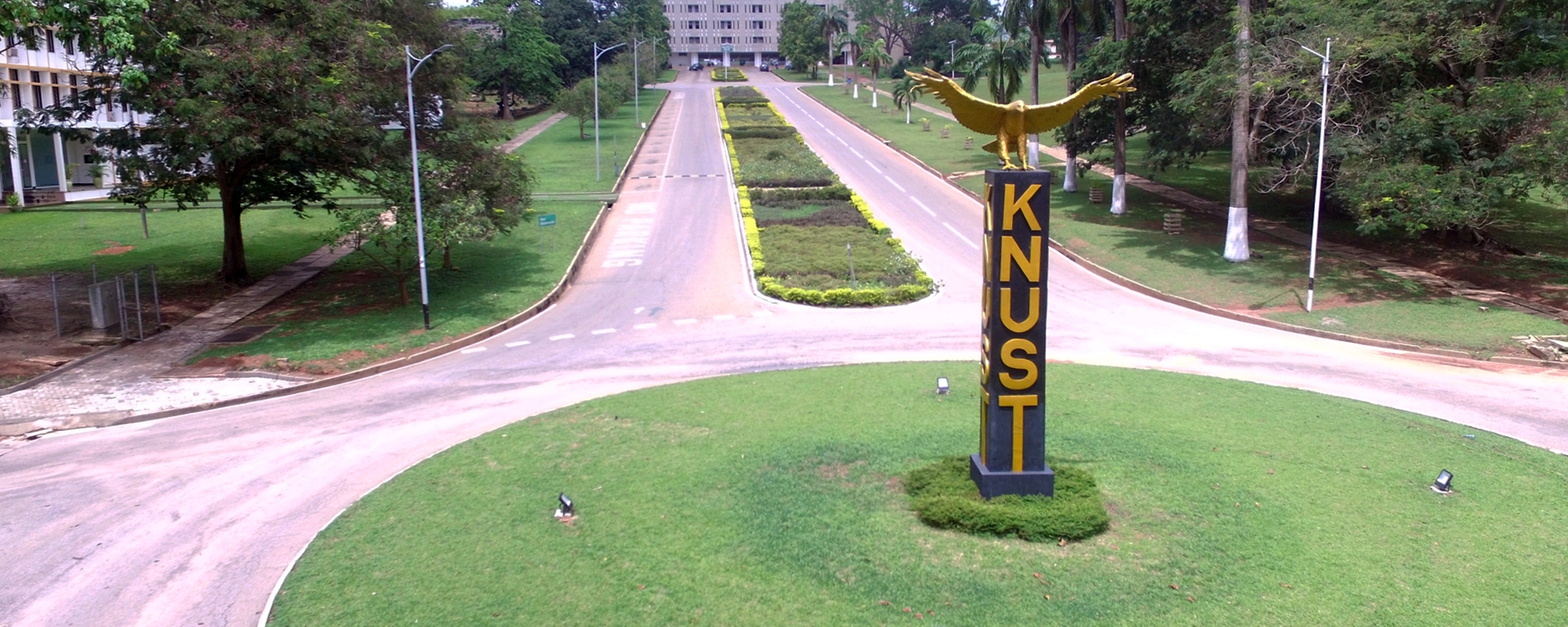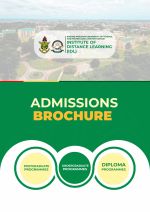Overview
Understanding people and the society is fundamental for the growth and development of any nation. While culture changes and the institutions and systems governing people grow, the principles underlying these changes remain constant. This top-up program is designed to imbibe in you the ability to analyze people and the societies they live in. It offers you the knowledge to be able to understand society and its diverse accompaniments such as crime, religion, family, state, race and social class.
Modules and courses
|
YEAR ONE: SEMESTER ONE |
|||||||||
|
COURSE CODE |
COURSE TITLE |
TEACHING HOURS |
TUTORIAL/PRACTICAL HOURS |
CREDIT HOURS |
|||||
|
|||||||||
|
SOC 151 |
Introduction to Sociology I |
3 |
1 |
3 |
|||||
|
SOC 153 |
Social Organization and World Cultures I |
3 |
1 |
3 |
|||||
|
SOC 251 |
Intro to Sociological Thought |
3 |
1 |
3 |
|||||
|
SOWK 155 |
Intro to Nature & Profession of social Work |
3 |
1 |
3 |
|||||
|
SOWK 157 |
Intro to Social Welfare |
3 |
1 |
3 |
|||||
|
SOWK 257 |
Working with Individuals |
3 |
1 |
3 |
|||||
|
YEAR ONE: SEMESTER TWO |
|||||||||
|
COURSE CODE |
COURSE TITLE |
TEACHING HOURS |
TUTORIAL/PRACTICAL HOURS |
CREDIT HOURS |
|||||
|
|||||||||
|
SOC 152 |
Introduction to Sociology II |
3 |
1 |
3 |
|||||
|
SOC 254 |
Social structure of Ghana II |
3 |
1 |
3 |
|||||
|
SOC 256 |
Urban sociology II |
3 |
1 |
3 |
|||||
|
SOWK 260 |
Social Welfare Policies and Programs |
3 |
1 |
3 |
|||||
|
SOWK 261 |
Techniques of social work practice |
3 |
1 |
3 |
|||||
|
SOWK 259 |
Developmental social work |
3 |
1 |
3 |
|||||
|
YEAR TWO: SEMESTER ONE |
|||||||||
|
COURSE CODE |
COURSE TITLE |
TEACHING HOURS |
TUTORIAL/PRACTICAL HOURS |
CREDIT HOURS |
|||||
|
|||||||||
|
SOC 351 |
Sociological Perspectives |
3 |
1 |
3 |
|||||
|
SOC 353 |
Research Methods I |
3 |
1 |
3 |
|||||
|
SOC 363 |
Rural Sociology I |
3 |
1 |
3 |
|||||
|
b) ELECTIVE COURSES (CHOOSE TWO) |
|||||||||
|
SOC 359 |
Organizational Behaviour I |
3 |
1 |
3 |
|||||
|
SOC 365 |
Medical Sociology I |
3 |
1 |
3 |
|||||
|
MGT 371 |
Introduction to Management I |
2 |
1 |
2 |
|||||
|
YEAR TWO: SEMESTER TWO |
|||||||||
|
COURSE CODE |
COURSE TITLE |
TEACHING HOURS |
TUTORIAL/PRACTICAL HOURS |
CREDIT HOURS |
|||||
|
|||||||||
|
SOC 352 |
Perspectives in Sociological Theory II |
3 |
1 |
3 |
|||||
|
SOC 354 |
Research Methods II |
3 |
1 |
3 |
|||||
|
SOC 364 |
Rural Sociology II |
3 |
1 |
3 |
|||||
|
|||||||||
|
SOC 360 |
Organizational Behaviour II |
3 |
1 |
3 |
|||||
|
SOC 366 |
Medical Sociology II |
3 |
1 |
3 |
|||||
|
MGT 371 |
Introduction to Management II |
2 |
1 |
2 |
|||||
|
YEAR THREE: SEMESTER ONE |
|||||||||
|
COURSE CODE |
COURSE TITLE |
TEACHING HOURS |
TUTORIAL/PRACTICAL HOURS |
CREDIT HOURS |
|||||
|
|||||||||
|
SOC 453 |
Social Psychology I |
3 |
1 |
3 |
|||||
|
SOC 455 |
Social Anthropology I |
3 |
1 |
3 |
|||||
|
SOC 457 |
Social Development I |
3 |
1 |
3 |
|||||
|
SOC 490 |
Project Work / Long Essay |
3 |
1 |
3 |
|||||
|
|||||||||
|
SOC 461 |
Human Resource Management I |
3 |
1 |
3 |
|||||
|
SOC 451 |
Deviance and Social Control I |
3 |
1 |
3 |
|||||
|
SOC 471 |
Conflict Management and Peace Building Studies1 |
3 |
1 |
3 |
|||||
Mode of course delivery
The programme is offered through distance education, a learning oriented system allowing greater flexibility in learning while students continue with their regular professional work. The programme is offered in a mixed mode format. The approach uses print and electronic media in order to be responsive to the needs of the learner and also maximize the use of technology in course delivery.
At the heart of the programme is excellent online learning materials developed by capable and competent resource persons from KNUST and other recognized institutions.
Academic Support Systems/Services
Limited face-to-face facilitated sessions are provided at all the Learning Centres. These sessions are supported by print and electronic materials, and local learning facilitators who also support and direct students as they work through the resources provided.
The Centres provide learning support to students living in different parts of the country, thus reducing travel expenses.
Learning centres
Head of department
Exam officer
Programme coordinator
Entry Requirements: Applicants with any of the following qualifications from an accredited University or Institution:
- Diploma in Social Work
- Diploma in Social Administration
- Diploma in Police/Prison Administration
- Degree or Diploma in Education
- Diploma from Teacher Training Colleges
- Diploma from Nursing Training Colleges
- Degree or Diploma in Theology
- First Degree in any Social Science Program
- HND in Business Administration (i.e. Management, Human Resource Management, Marketing, etc.)

How to Apply
Pursuing an academic programme is an important step toward your future — and we're here to help
Graduates from the program go on to become administrators in public institutions such as the Commission on Human Rights and Administrative Justice, lawyers, entrepreneurs, workers of NGOs and the likes.


